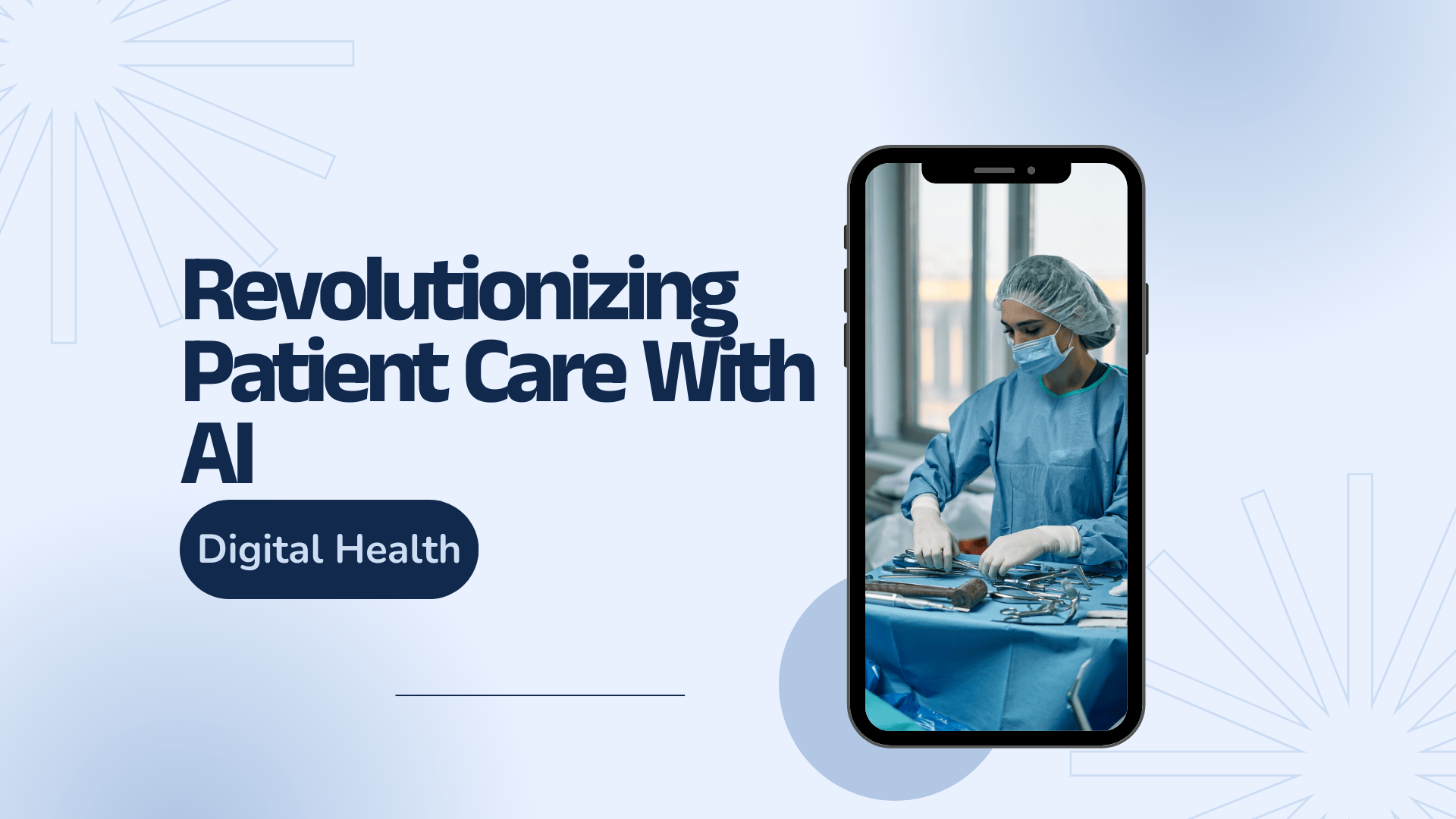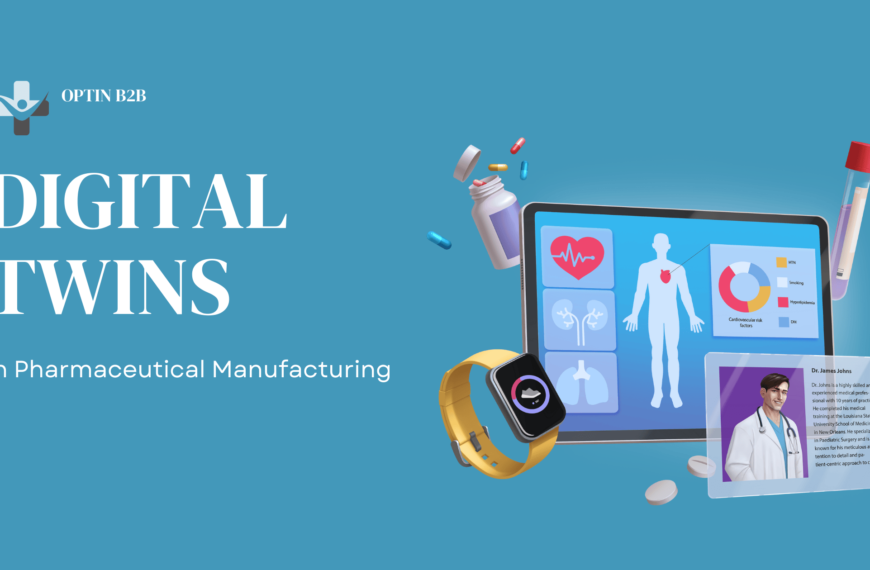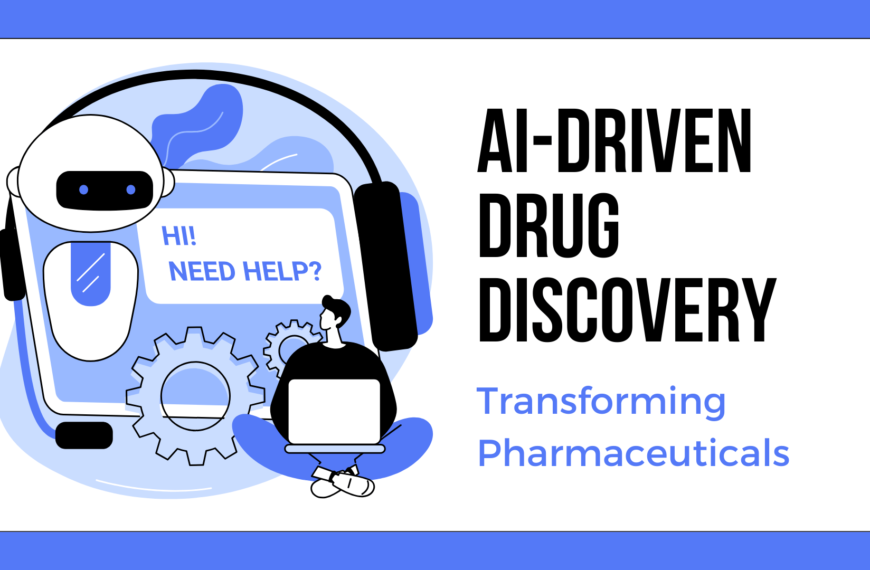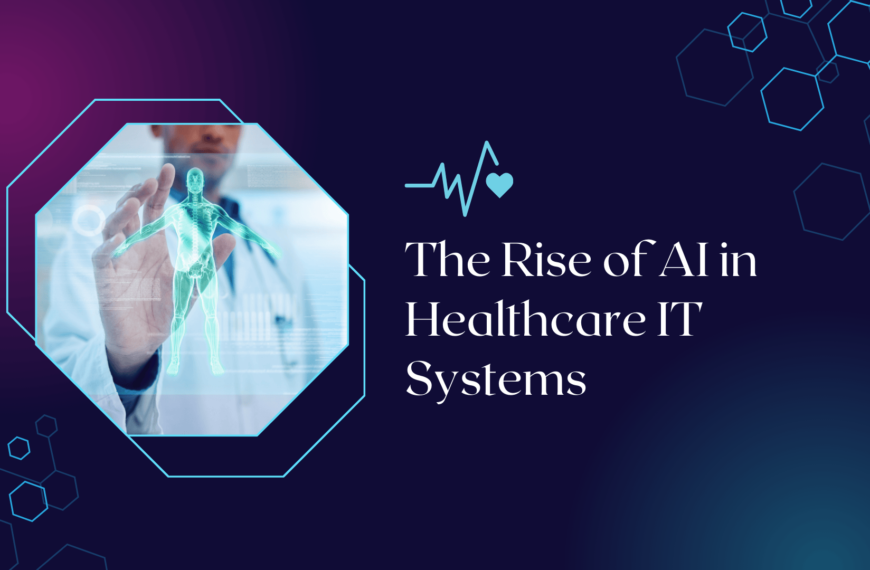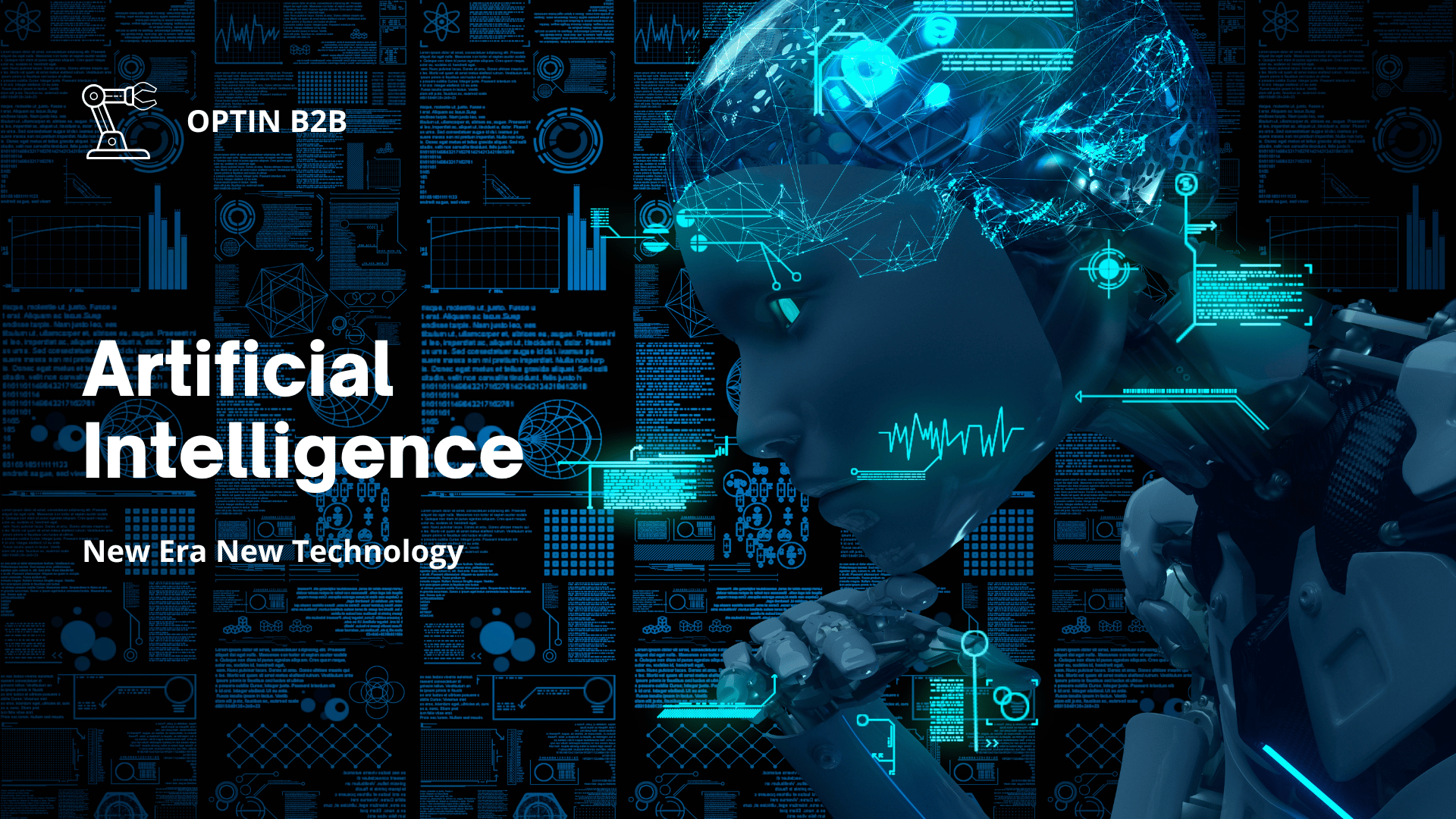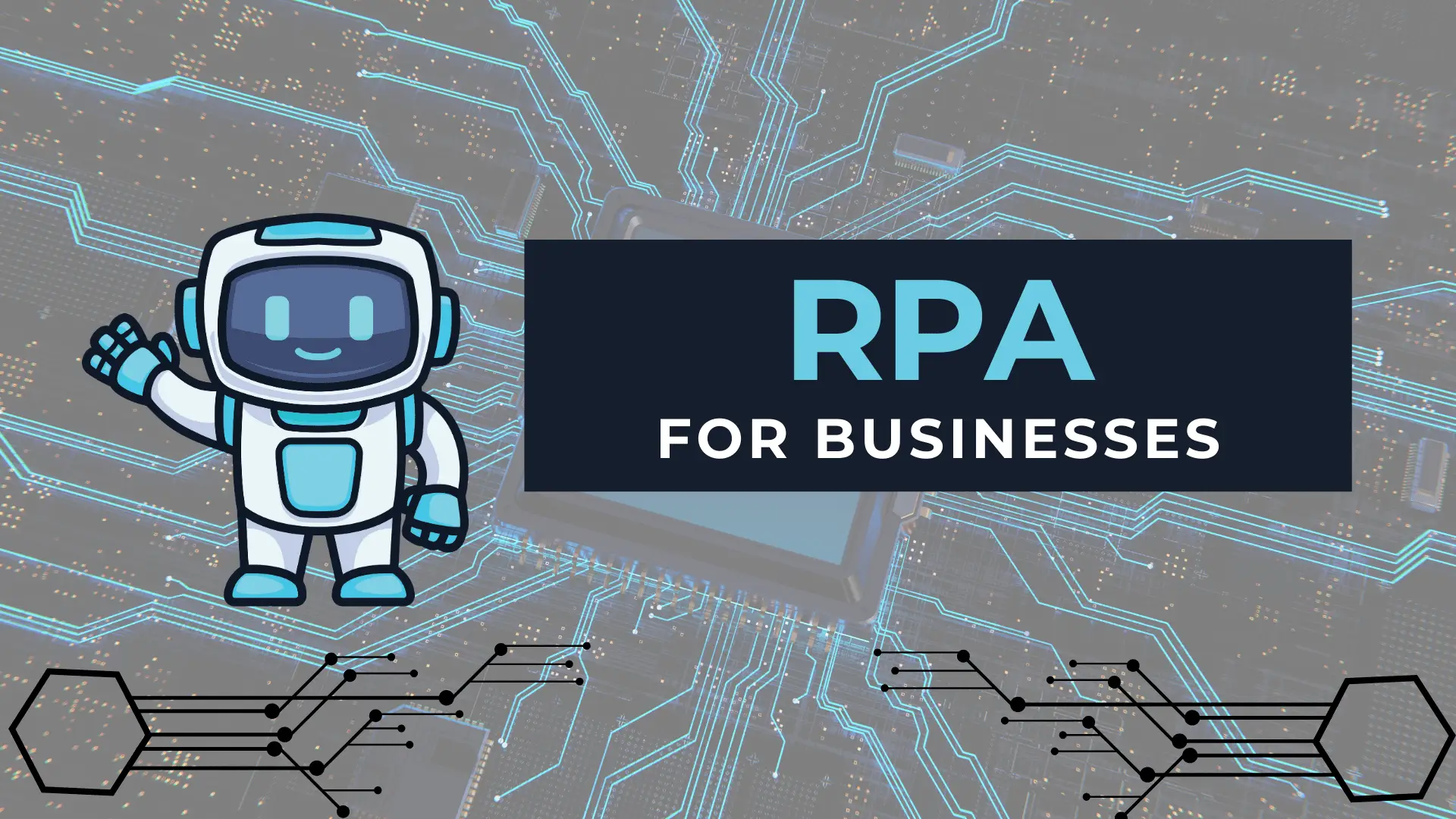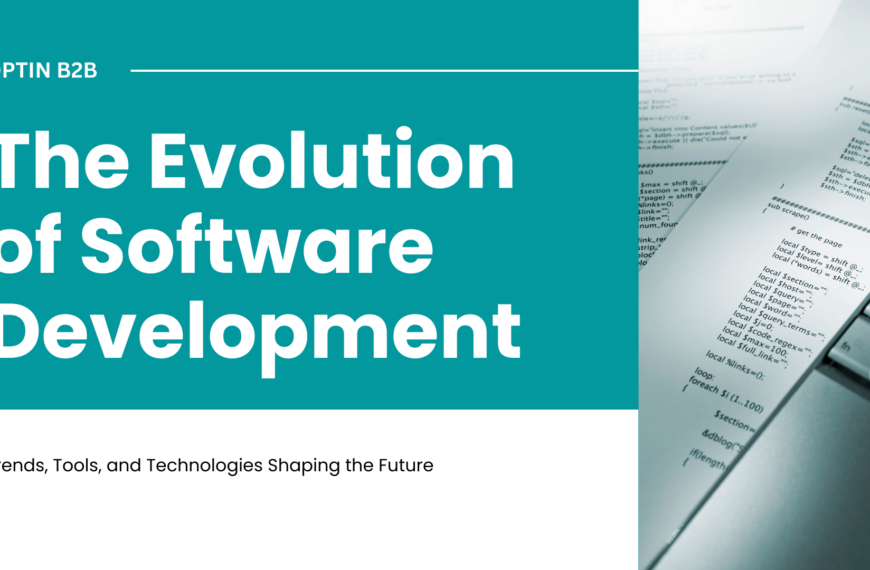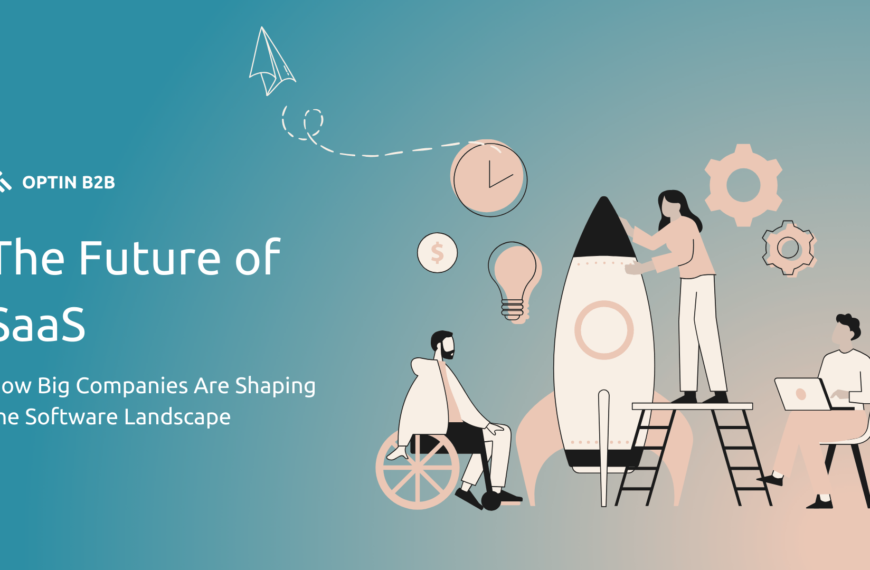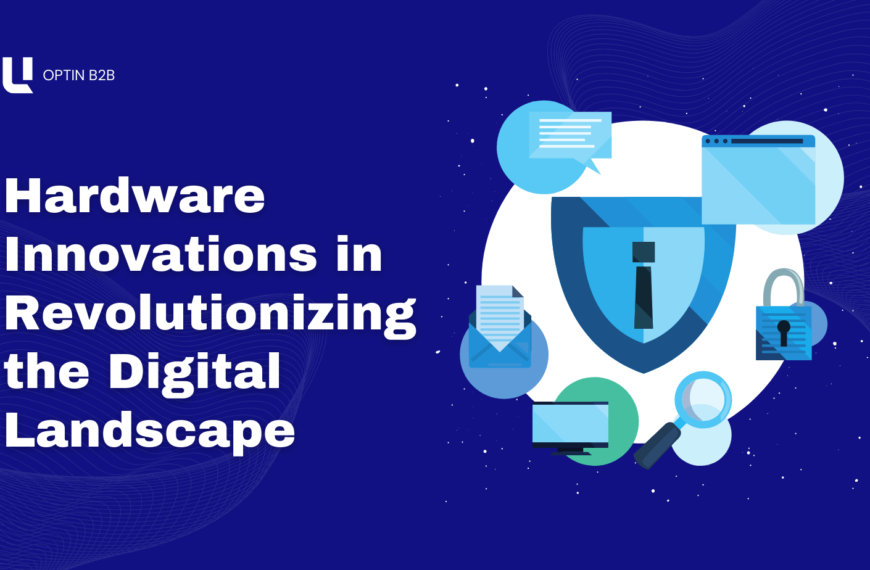Digital health is undergoing a transformation with the integration of Artificial Intelligence (AI), significantly improving patient care. AI algorithms analyze patient data, enabling early diagnosis of diseases like cancer and diabetes. Tools such as IBM Watson Health provide clinicians with actionable insights, leading to personalized treatment plans.
AI also enhances remote patient monitoring by identifying critical health changes through wearable devices. This empowers healthcare providers to intervene promptly, reducing hospitalizations. For instance, companies like Medtronic are leveraging AI in cardiac care monitoring systems.
Another major impact of AI is in administrative processes. Automated systems streamline appointment scheduling, medical coding, and billing, reducing errors and freeing up healthcare staff for patient-focused tasks.
Privacy concerns around patient data remain a challenge, but advancements in cybersecurity and AI-driven data encryption are addressing these issues. As adoption grows, regulations like HIPAA ensure compliance and protect patient information.
In conclusion, AI is poised to be a cornerstone of digital health, driving efficiency, accuracy, and better patient outcomes. Healthcare organizations must embrace this innovation to stay at the forefront of the industry.

